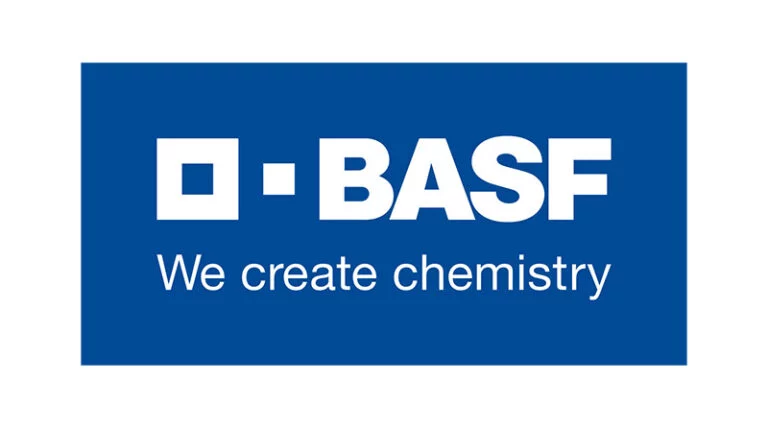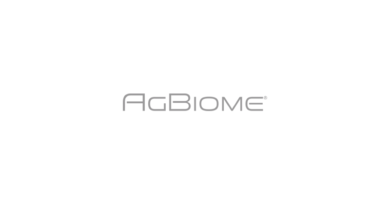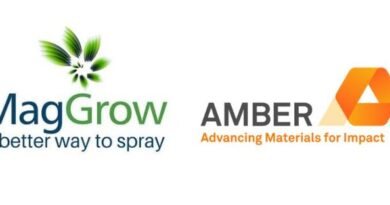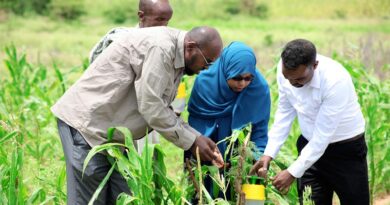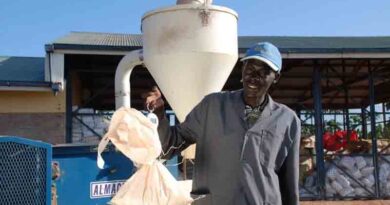Innovative research for malaria control driven by three collaborating parties: Swiss TPH, BASF and Promega
- New research project launched to develop novel insect control tools
- Proteolysis Targeting Chimeras (PROTACs) technology as potential new method for mosquito-borne disease control
17 August 2023, US: The Swiss Tropical and Public Health Institute (Swiss TPH), in partnership with BASF and Promega, collaborate to research and develop novel insect control tools to help combat mosquito-borne diseases, such as malaria. The research project is funded by the Bill & Melinda Gates Foundation. To commemorate World Mosquito Day on August 20, it serves as a reminder of the ongoing need for investment in malaria prevention and control measures. Malaria remains a life-threatening infectious disease, affecting an estimated 247 million people globally in 2021
The research, which is in its early stages, builds on previous studies in the field of Proteolysis Targeting Chimeras (PROTACs). PROTACs are a promising new class of therapeutic small molecules which modulate protein degradation within a cell. “The emerging cutting-edge technology – with a unique mode of action – may have great potential as a new approach in the control of insect disease vectors,” said Dr. Harold Bastiaans, Vice President Global Research Insecticides at BASF Agricultural Solutions. “It can potentially offer a powerful and cost-effective alternative, particularly important for tropical regions where insecticide-resistant mosquitoes are a growing concern.”
Dr. Elizabeth A. Caine, R&D Senior Scientist from Promega adds: “With the rise of PROTACs as promising anti-cancer therapeutics, we are excited to explore their potential application to degrade mosquito proteins as a method of insect control. Unlike conventional insecticides, PROTACs can be used to target and degrade proteins with precision.”
The collaboration started in September 2022 and is committed to a three to five year investigation. It combines complementary areas of expertise from each collaborator: BASF will leverage its expertise in chemistry design and synthesis to provide potential PROTACs to target mosquito specific proteins, while Promega will establish assays to test these molecules for their effectiveness to bind and degrade mosquito proteins in live cells. Swiss TPH brings expertise in mosquito biology, public health and epidemiology to the field and will be responsible for conducting in vivo testing of selected PROTACs.
The project underlines the commitment from all organizations involved to help find sustainable solutions for public health challenges and highlights the importance of continued innovation in the field. “Several diseases transmitted by mosquitoes are devastating and with insecticide resistance threatening the success of currently available tools, alternatives are much needed,” said Dr. Pie Müller, Head of Vector Biology at Swiss TPH. “We are proud of working together with BASF and Promega in our mission to develop new tools for mosquito control, and the support from the Bill & Melinda Gates Foundation shows just how important funding early research in new vector-control technologies is.” Preliminary results of the research collaboration are expected to be made public by 2025.
Also Read: Mahindra Tractors launches 7 new models under the OJA range for Indian farmers
(For Latest Agriculture News & Updates, follow Krishak Jagat on Google News)

